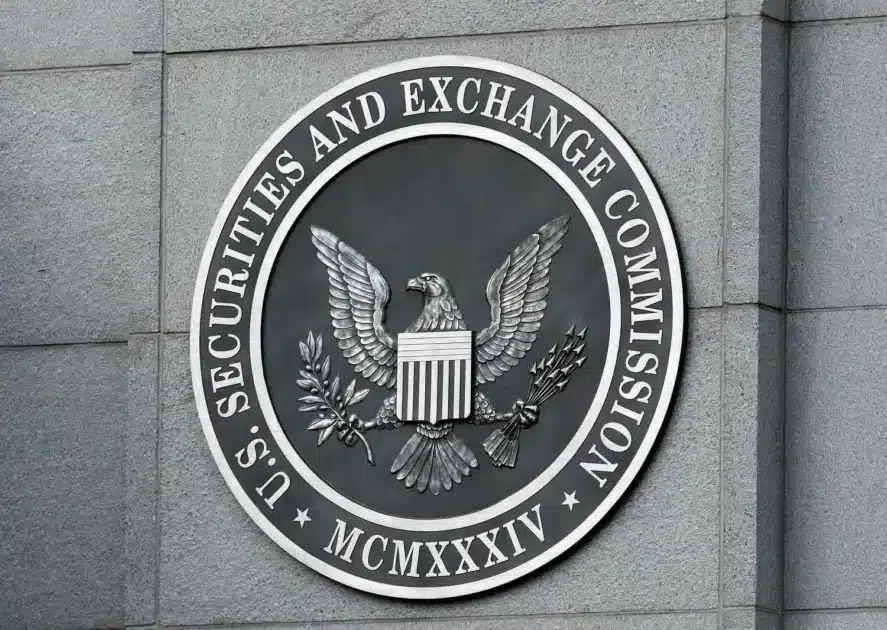A group of seven US states led by Iowa Attorney General Brenna Bird has filed a legal brief arguing against the SEC’s strict attempt to regulate the crypto industry. In the filing made on the 10th of July, the brief argues that the SEC is decimating the American dream by hampering creativity in forming blockchain technology.
Iowa is joined by Arkansas, Indiana, Kansas, Montana, Nebraska, and Oklahoma in support of this amicus brief. They also claim that the manner of operation demonstrated by the SEC in managing the country’s affairs poses a barrier for the nation to defend its ground against competitors regarding the advancement of the crypto industry.
Also Read: SEC Cancels Anticipated Meeting as Ripple Lawsuit Speculations Continue
States Argue SEC’s Rules Hamper Innovation
Iowa and its codes have been keen right from the onset to ensure that proper measures are implemented to tackle the increasing incidences of scams and fraud in the crypto market. However, they think the regulations set by the SEC are too many and are damaging the formation. The states submit that the shamelessly authoritarian power that the SEC has over the crypto industry might prevent the states from adequately shielding the public from threats from related activities.
The brief also blames the new Bolshevist Biden’s SEC for overregulation and attempting to seize total power over the cryptocurrency market. The states claim that the SEC’s actions exceed its legal jurisdiction and violate consumer protection laws. They say these regulations rob the citizens of norms that can be friendly to cryptocurrencies that can aid in innovation and growth.
Questioning SEC’s Authority Over Cryptocurrencies
Additionally, there are issues with the regulation of cryptocurrencies; the states have questioned the SEC as to whether it has the jurisdiction to regulate it. They claim that this sector is a capital market, and Congress has not yet endowed the SEC with the right to regulate it. The brief asks the court to stop the agency from dominating the crypto industry and accuses the SEC of attempting to gain more authority without lawmakers’ permission. The states in question assert, “Cryptocurrency legislation was never granted to the SEC; and there is no reciprocity which would guarantee the legitimacy and necessity of actions that the SEC takes.”
In conclusion, the coalition of states is pushing back against what they perceive as regulatory overreach by the SEC. They believe that the current regulations hinder innovation and exceed the agency’s legal authority. The outcome of this legal challenge could significantly impact the future regulatory landscape of the cryptocurrency industry in the United States.
Also Read: SEC Commissioner Caroline Crenshaw Faces Uncertain Future Amid Political Shifts
